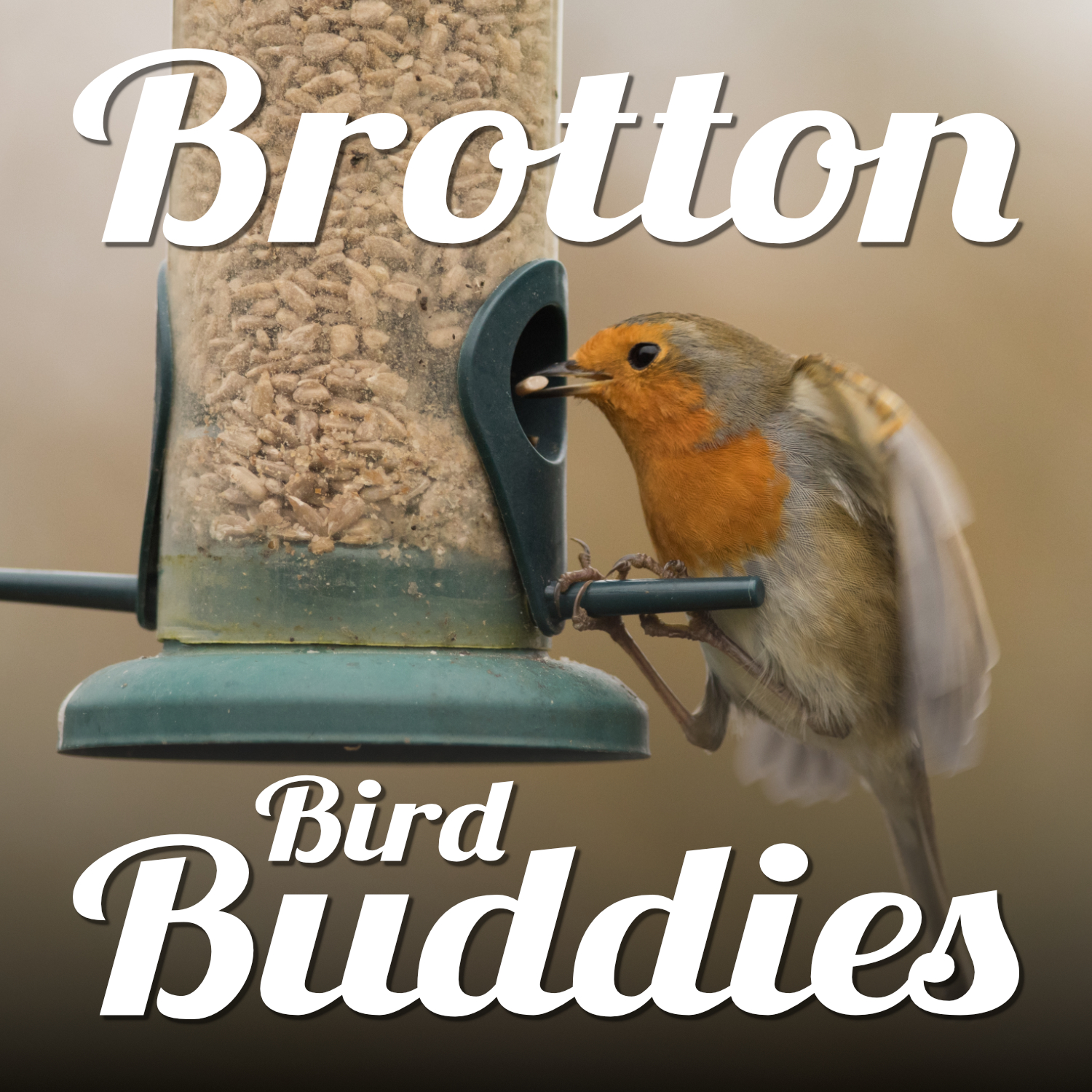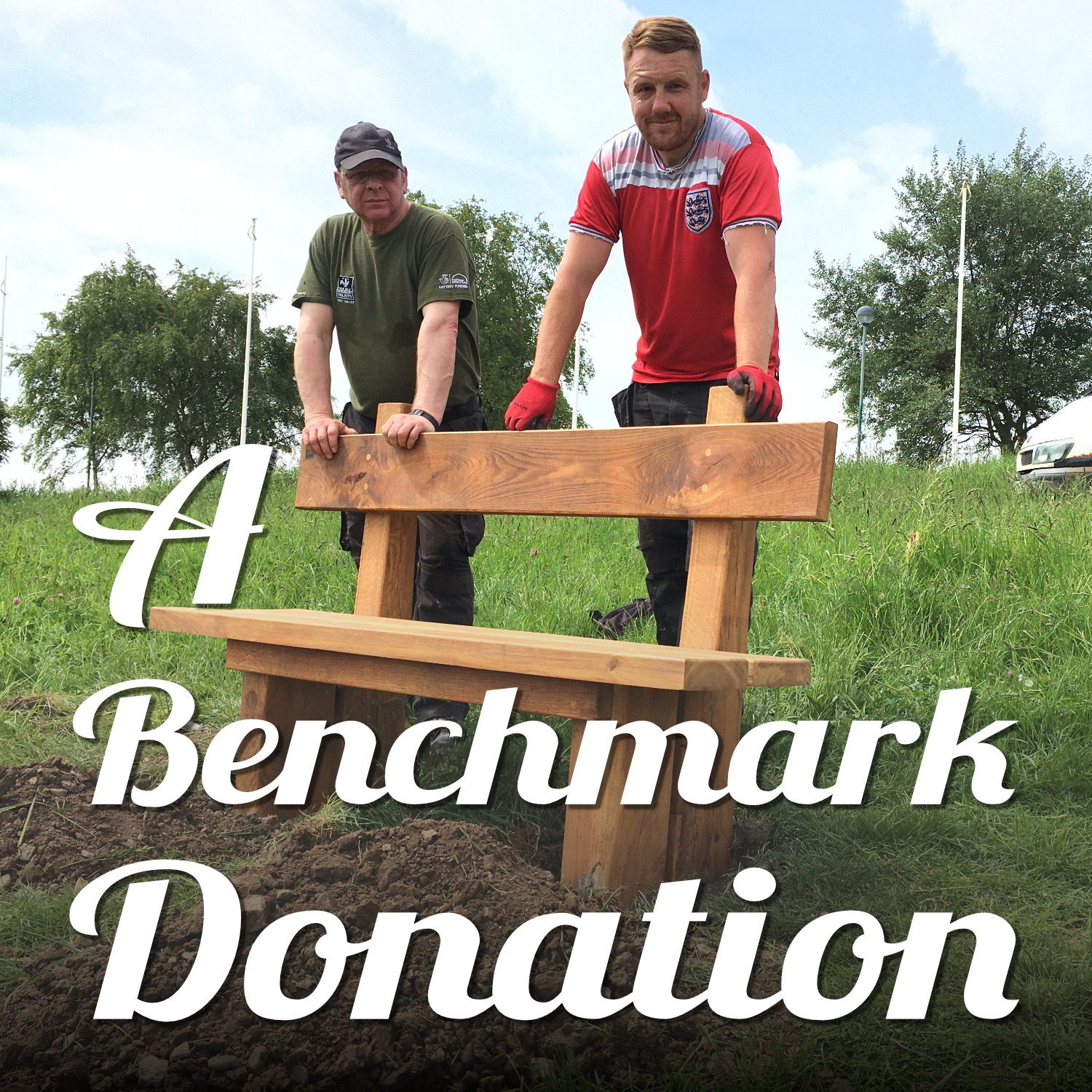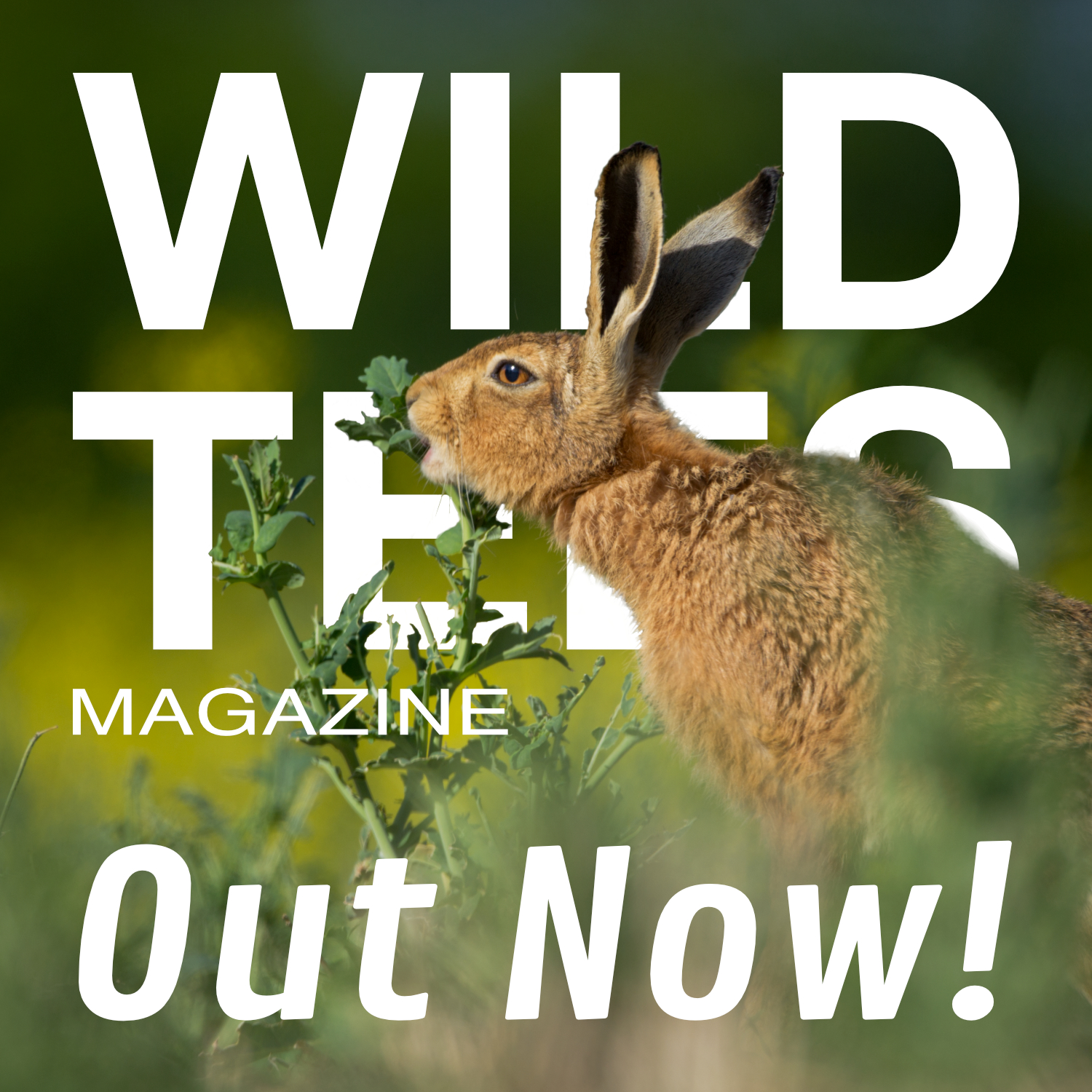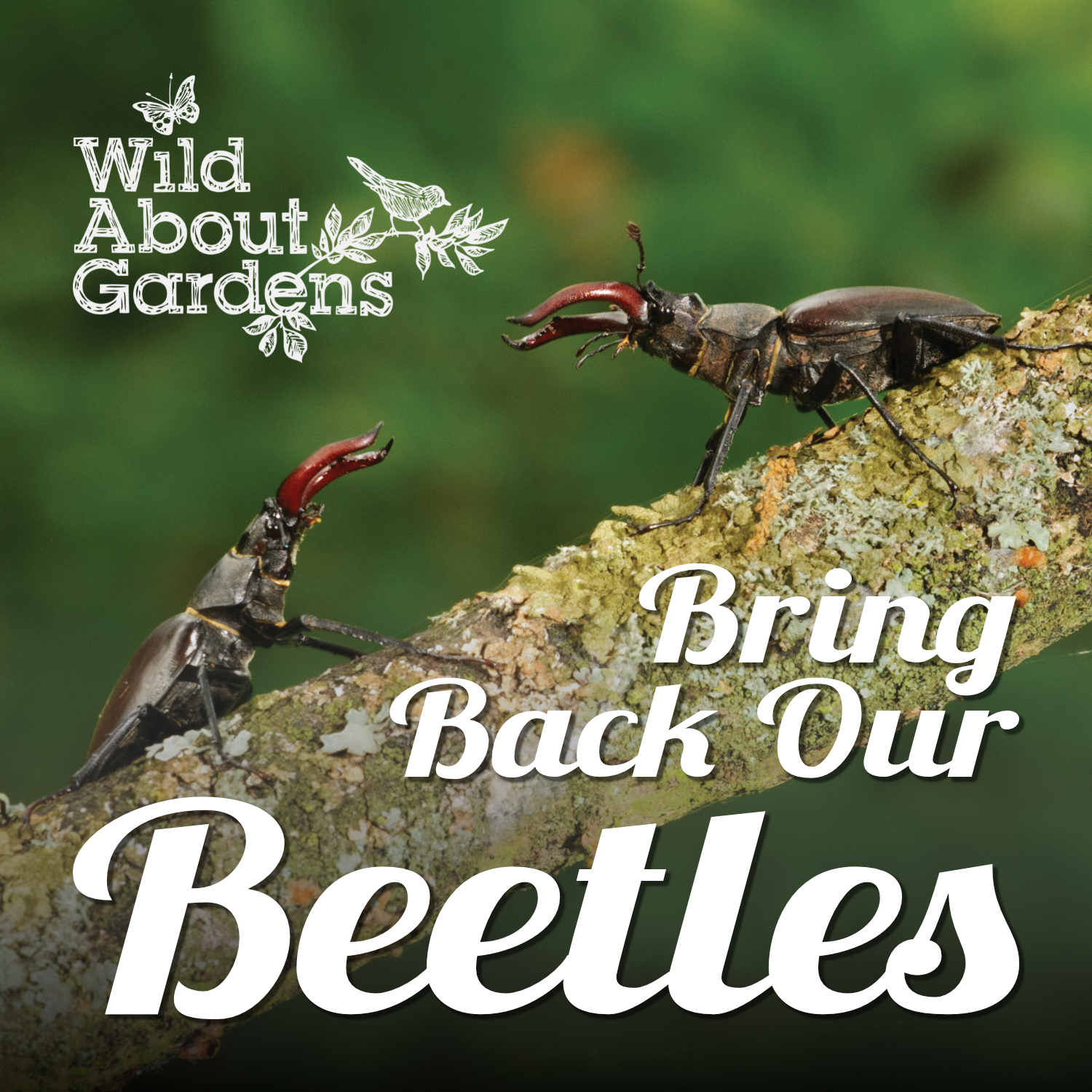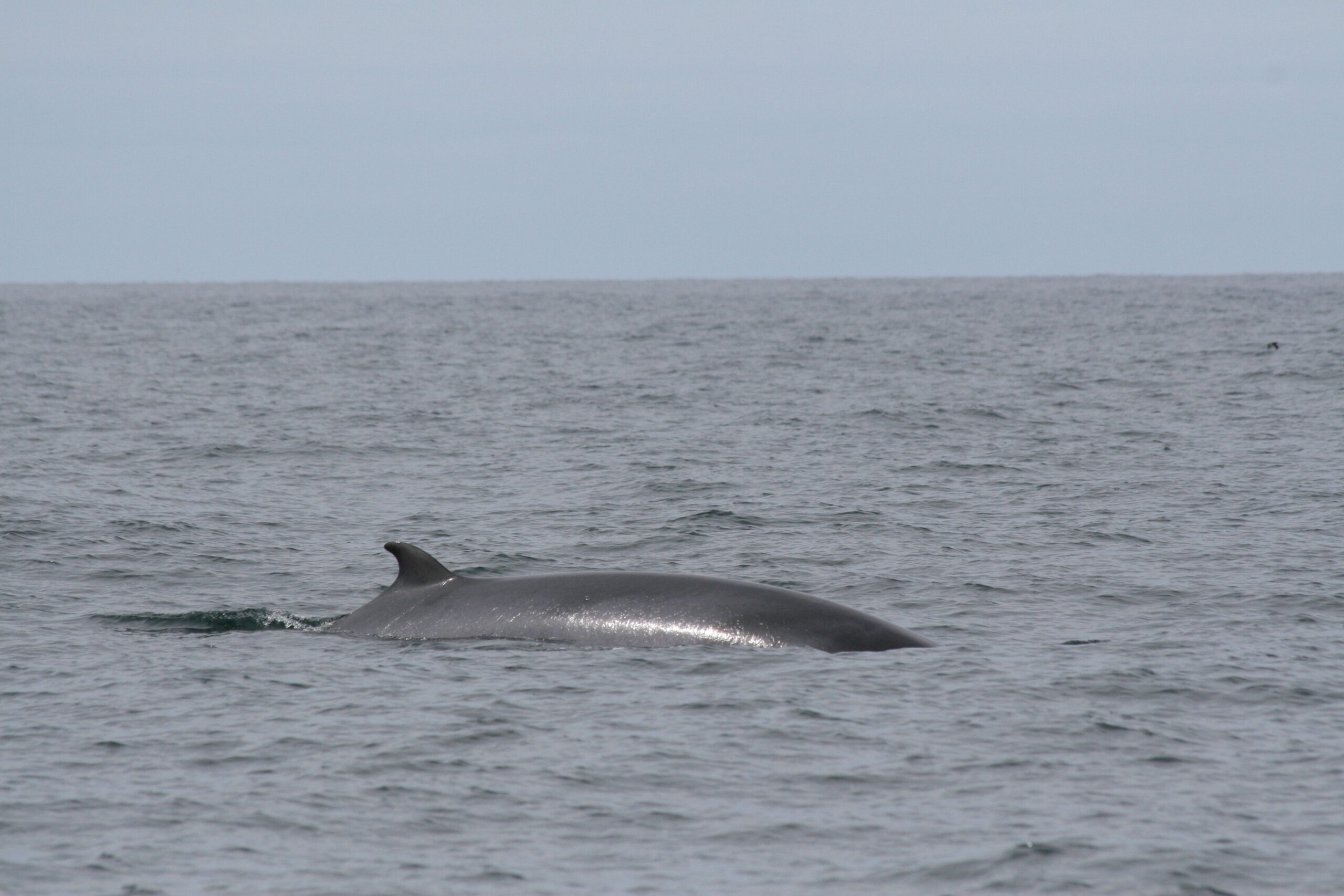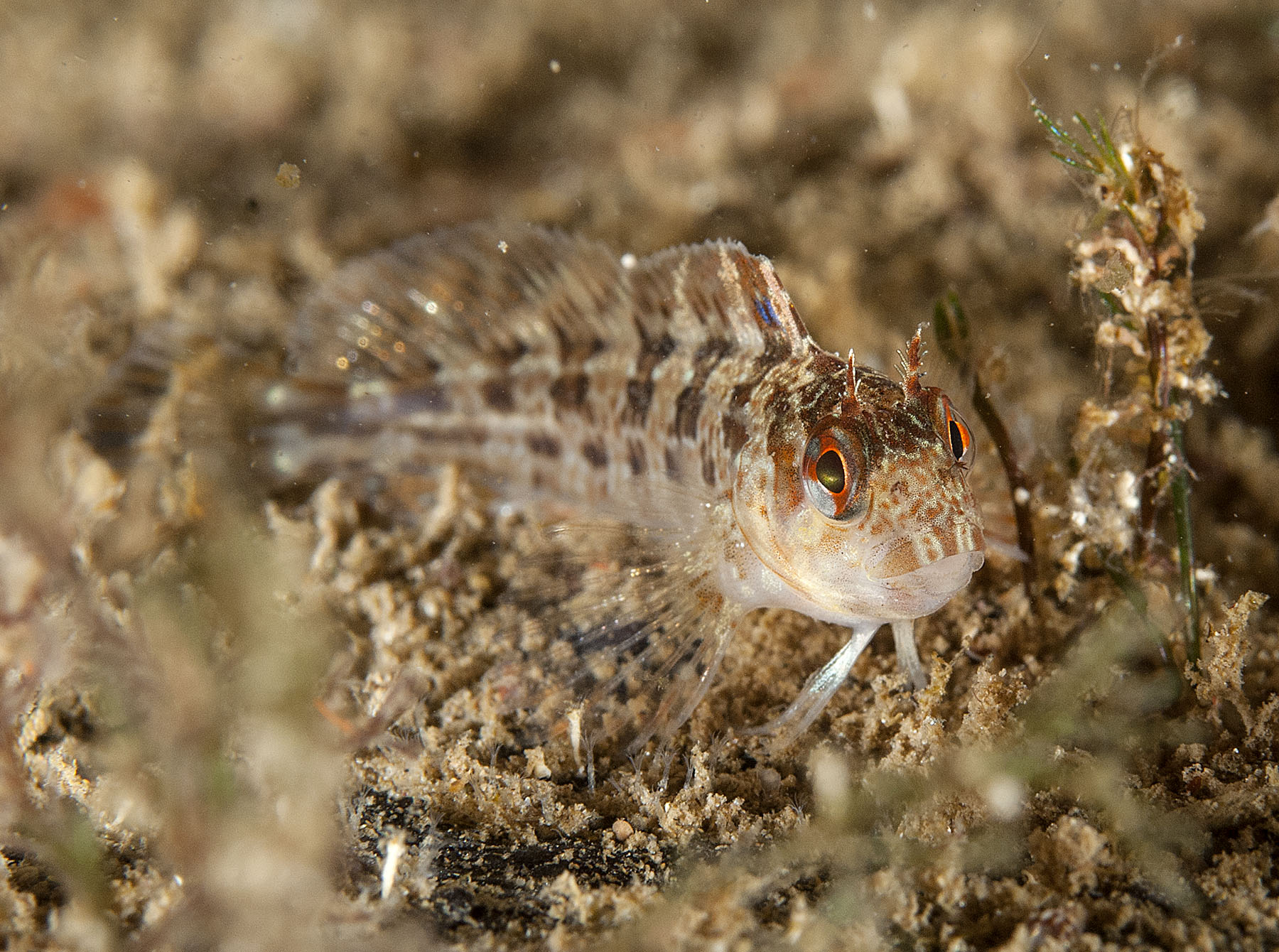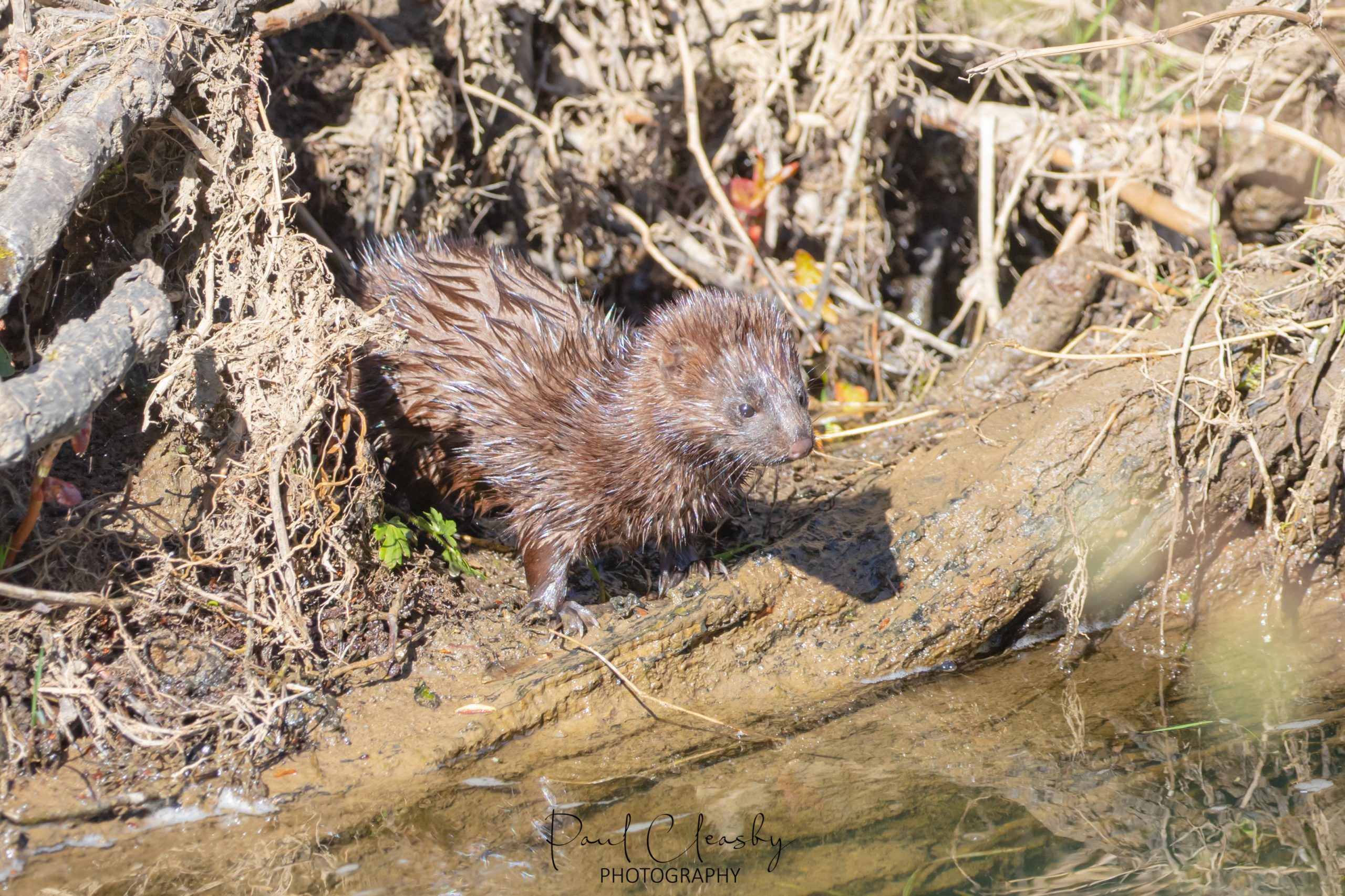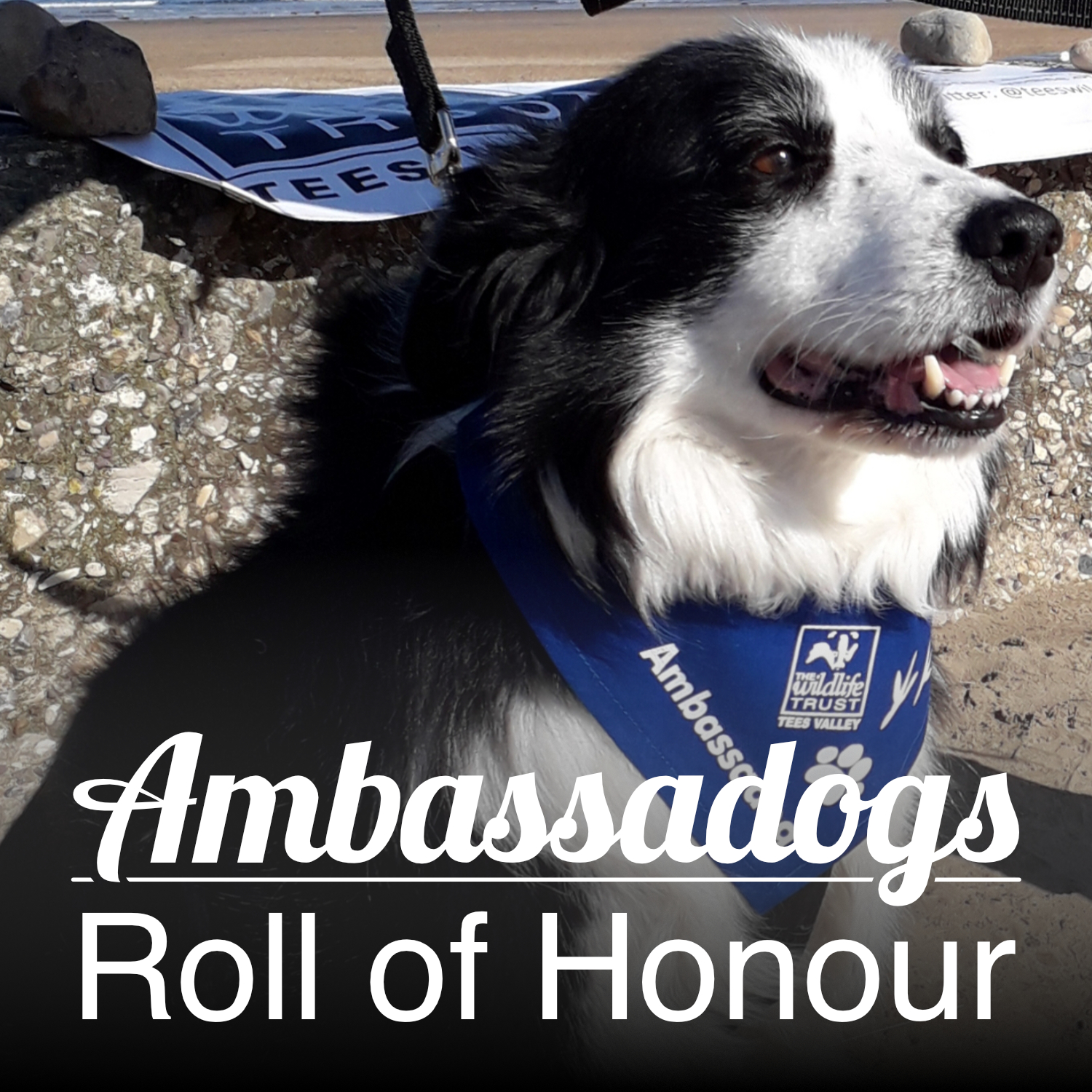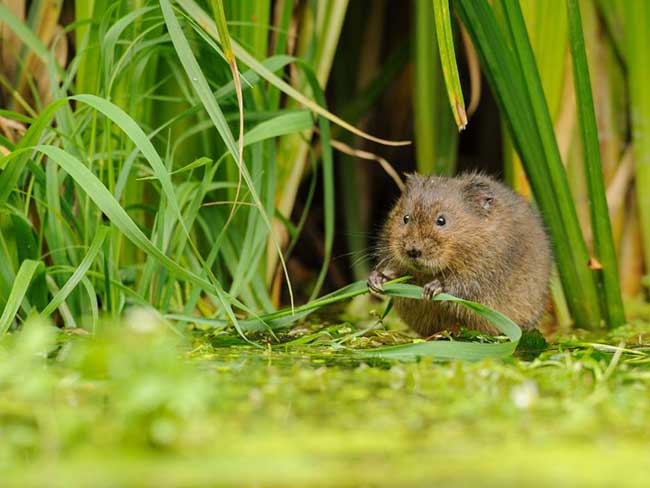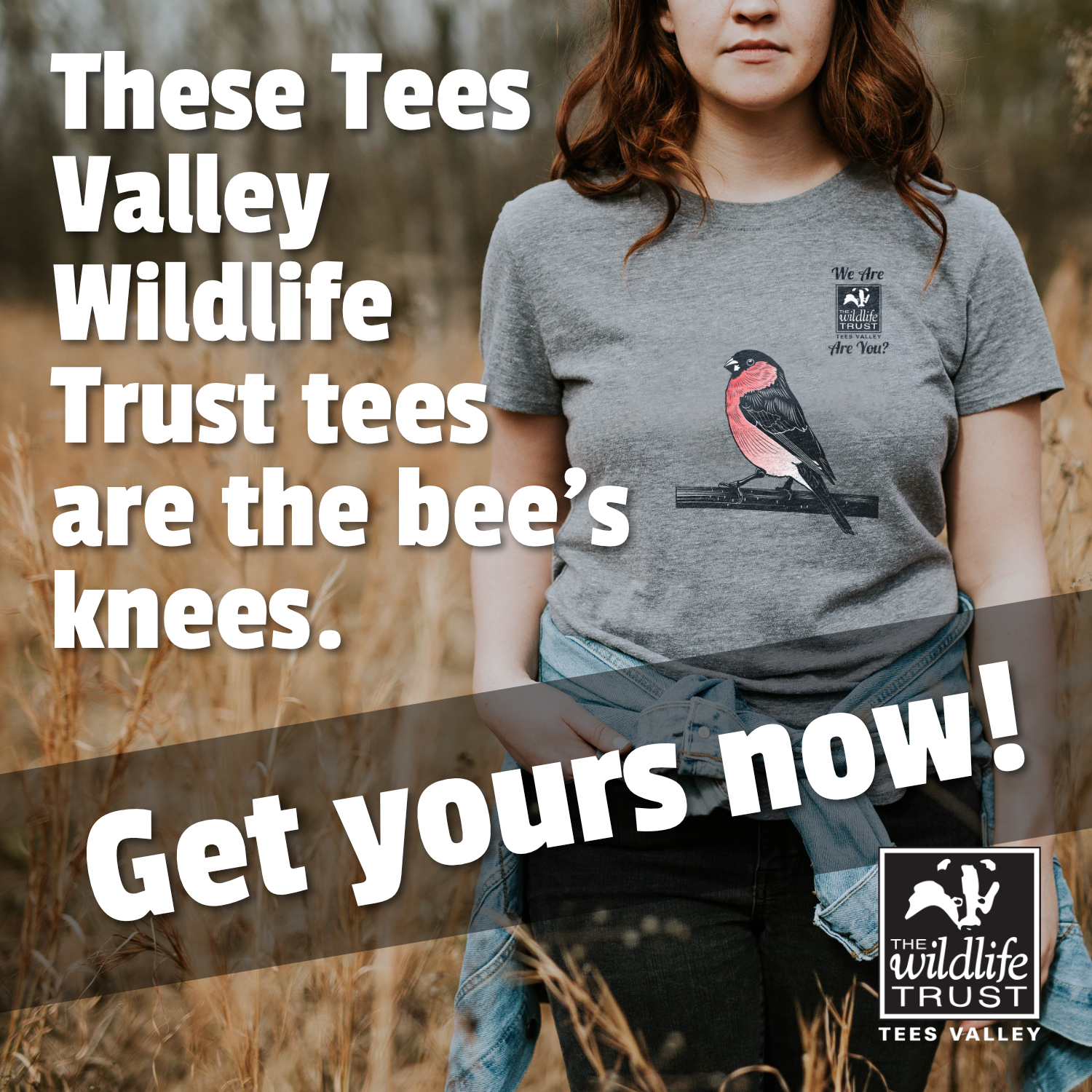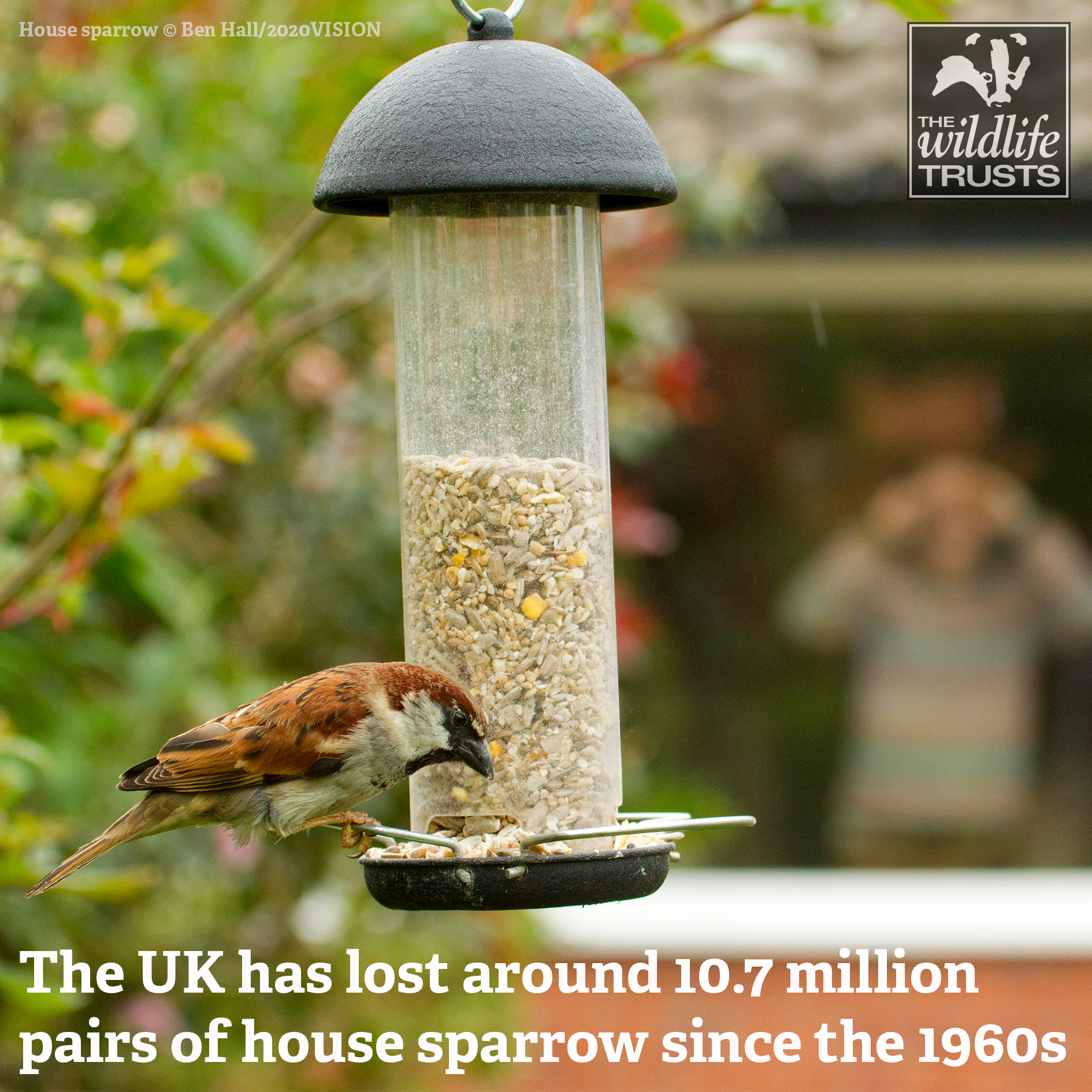The Brotton Bird Buddies project came about during the last year of lockdowns. It successfully managed to combat social isolation while also being of benefit to wildlife. Feeding garden birds is a great way for people to get up close with wildlife in their area. Funding was provided by the Tees Valley Nature Partnership,...
Donation pays for a New bench
A donation has paid for a new bench at Portrack Marsh SSSI nature reserve. Thank you to Good Nature News Teesside and North Yorkshire and all their members! They gave £300 for a new oak bench, made and installed entirely by Tees Valley Wildlife Trust volunteers and staff. You can find it situated on...
Wild Tees Magazine – Summer Issue Out Now!
Members receive a free copy of Wild Tees Magazine three times a year. You can read all the best news stories from Teesside and nationally. Luckily, membership is available for as little as £1.25 (giving more can help us do more). See our efforts to protect wildlife for the future and learn how to...
Bring Back Our Beetles
Bring Back Our Beetles is part of the Wild About Gardens campaign. We are calling all gardeners to make better habitat for our wonderful species of beetle. Not all are as imposing as the stag beetle (Lucanus cervus), which is our largest beetle (it is also the largest European beetle) with males measuring up...
NEW CLIMATE REPORT OUT TODAY
Kathryn Brown, Interim Director of Climate Action at The Wildlife Trusts says: “Today, the IPCC’s climate report gives a stark warning that a global temperature increase of at least 1.5C by 2040 is now largely inevitable, with consequent increases in extreme heat, flooding, sea level rise, drought and wildfire. However, the report also says that...
National Marine Week
Meet the tompot blenny – ‘The small fish with a big personality’ Marine wildlife expert Paul Naylor dives into the world of one of his favourite fish How best to introduce the tompot blenny? Most people who explore the seashore meet the tompot’s relative, the common blenny (also known as the shanny), which is...
Government says yes to Highly Protected Marine Areas
Minke whale – Holderness Offshore (c)Eleanor Stone The Wildlife Trusts cheer long fought-for arrival of first ever sea sanctuaries where all damaging activities will be banned Last year, the Benyon review of Highly Protected Marine Areas (HPMAs) was published by Defra. The Wildlife Trusts backed its recommendations that HPMAs should be an essential part...
Invasive species week: Introducing the American mink
American mink are non-native species that pose a threat to water voles in our region. But what can we do to help restore ‘Ratty’ to North East waterways? If you have ever found yourself thinking, “There really ought to be a week to raise awareness about invasive species”, you will be pleased to hear...
Dog walkers… please help our ground-nesting birds this spring!
We all love to get outdoors with our dogs, for the fantastic exercise and the chance to explore together. Please be an aware and responsible dog walker and help us keep Tees Valley’s wildlife safe this spring. The celebrated song of the skylark or burbling call of curlew are evocative and welcome spring sounds,...
Naturally Native Monthly Blog
Habitat Fragmentation In last month’s blog we wrote about the power of slowing down and observing nature in your local green space, and the benefit that this can have on your emotional connection with the world around you. We hope you’ve managed to find a minute to stand still in your local park; to...
Get Yours Now!
Get your Tees Valley Wildlife Trust t-shirts now from our NEW Teemill shop. Follow the link or visit www.teeswildlife.org. Teemill t-shirts are made from organic cotton, processed using renewable energy and packaged using plastic-free recycled materials. You can be confident that buying your Teemill t-shirt will support Tees Valley Wildlife Trust. It will also...
The humble house sparrow
Tom Hibbert, birdwatcher and content officer for The Wildlife Trusts, takes a closer look at one of the UK’s most familiar birds. House sparrows may not be the most colourful bird in the UK, or the most impressive singer, but they’ve long been one of our favourites, because they live in such close proximity...
